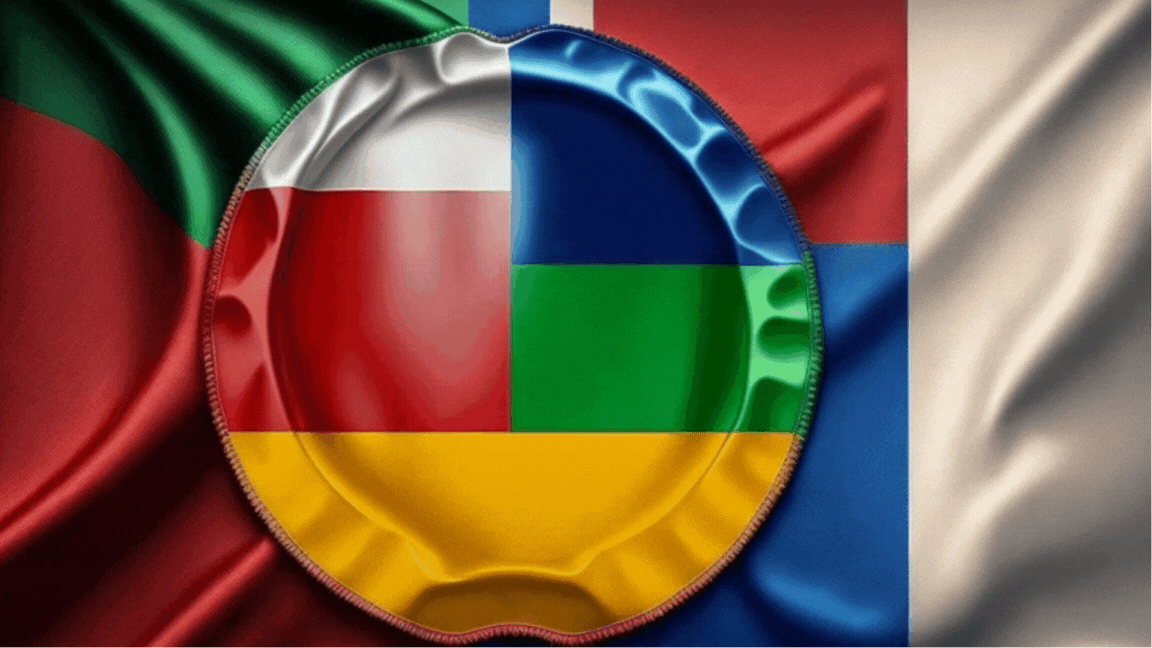
Argentina: between child poverty and the immaturity of mileísmo
In the conurbation of Buenos Aires, almost four out of ten children are indigent, that is: their household income does not allow them to access even the most basic food. This and other data I share below, based on the socioeconomic picture of the first quarter of the year, come from the report of an independent consulting firm, exQuanti, which uses the same methodology as the national statistical authority. In general, one out of four Argentines living in the referred region are indigent, and 62% classify as poor—among those under 18 years of age the figure is worse: three out of four are poor. We are talking about the province that houses the country's capital, in rural contexts the situation is much critical.
UNICEF observes that one million Argentine children go to bed without eating, 1.5 million skip meals during the day, and more than seven million experience monetary poverty. More than 10 million children consume less meat and dairy products compared to 2023, in a clear impact of the harsh adjustment policy implemented by the Government of Javier Milei. Although the organization recognizes that “the increases granted by the [Executive] to [some social programs] go in the right direction to protect income in this context”, there are too many indications that this strategy is insufficient.
Milei's narrative when addressing this issue always aims at showing it as a problem inherited from Kirchnerism, without giving many signs of how and when he intends to solve it. There have been many accusations against the management of poverty and hunger made by the government of the anodyne Alberto Fernández, many of them certainly true, but the Milei administration has not shown better manners. “The Minister [of Human Capital] with warehouses full of merchandise and thousands of starving people going to community kitchens without food, is of a cruelty that does not admit any possible rational analysis”, denounces journalist Pedro Peretti.
The administration of La Libertad Avanza has been marked by the immaturity of its members—for example in terms of administrative and legislative culture—and, partly as a natural consequence of this characteristic, the disputes within the political organization. The sour relationship between the president and his vice-president Victoria Villarruel is perhaps the most unhappy sign of the immaturity of the party that brought Milei to Balcarce 50 (although this already seems to be a pattern independent of ideology, considering the break that marked the Alberto/Cristina duo from the very beginning of the previous presidential term).
The leader of the Argentine liberal movement came to power with the promise of defeating inflation, but the prophecy that doing so would translate into the welfare of ordinary Argentines—the eternal struggle between macroeconomics and the concrete economy of individuals—is far from being fulfilled. “The simplified media narrative of inflation and the fiscal deficit as the main problem in the country is deeply rooted”, says journalist María Quintero. Milei has only one quarter left for his first year in power to expire, but while the social situation worsens, the owner of the Sillón de Rivadavia seems to be more interested in the marketing associated with his profile as a politician. This Tuesday, the head of the Pink House announced the upcoming launching of a documentary series—via X—which will be about his rise to power.
SE VIENE LA SERIE...!!!
— Javier Milei (@JMilei) August 27, 2024
VIVA LA LIBERTAD CARAJO pic.twitter.com/ehxZP7YNn6
And this is all for our report today. I have referenced the sources dynamically in the text, and remember you can learn how and where to follow the LATAM trail news by reading my work here. Have a nice day.

